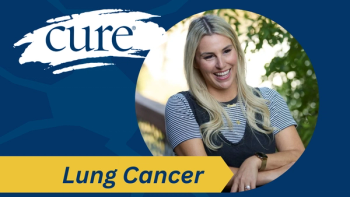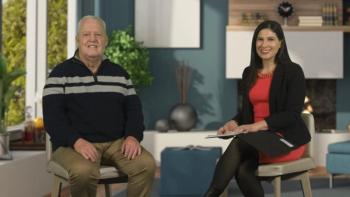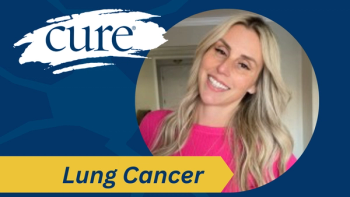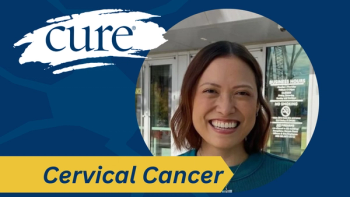
Cancer Resilience Takes Time to Grow, So Start Now
Two-time cancer survivor encourages fellow survivors to develop resilience to cope with cancer.
A cancer diagnosis is as up close and personal as a life event can be. It not only forever changes your life, but it threatens and sometimes succeeds in taking that life away from you. No one wants to hear "You have cancer." I have heard it twice: breast cancer and then a few years later, melanoma. Some people have heard it more than twice! How can we cope with something so big and life changing and frankly, so terrifying? Resilience.
Develop resilience for those moments in life where it suddenly becomes your turn to make lemons into lemonade. Some of us naturally have more resilience than others. All of us can work to develop and increase our personal resilience. Your resilience can help get you through your cancer and those scary days (and nights) that can come up during and after cancer.
The
When I was working on my cancer resilience, I used meditation, getting out in nature or looking out a window, and petting our dog. I also retaught myself how to crochet because a fellow cancer survivor shared that having something to keep her hands busy was helpful. In addition, it helped me tremendously to connect with others. I felt much less alone and isolated when interacting with people who had the same experience as I did.
I tend to be a glass-is-half-empty sort of a person. To develop cancer resilience, I put effort into redirecting myself and improving my attitude. I paid close attention to what things seemed to upset me and what things seemed to soothe me. Cancer wasn't going to be the only lemon that life would toss my way.
A cancer diagnosis made sense to me as a good time to try to learn ways I could handle those lemons a little better. Does it sound funny to hear a cancer survivor talk about using cancer as an opportunity for personal growth? Probably. Still, I think personal growth is a better choice than getting stuck in depression or acting out my fear and unhappiness toward the people around me. I won't say that those other things didn't happen. They did and they happened less than they would have if I hadn't been choosing to work on my cancer resilience.
The medical profession is getting better at offering tools to cope with a cancer diagnosis - tools to cope with the emotional and mental stress as well as the physical stress of cancer and cancer treatment. As cancer patients and survivors, we can reach out and grab those tools to get through our cancer and to live our best life as we develop our resilience.




